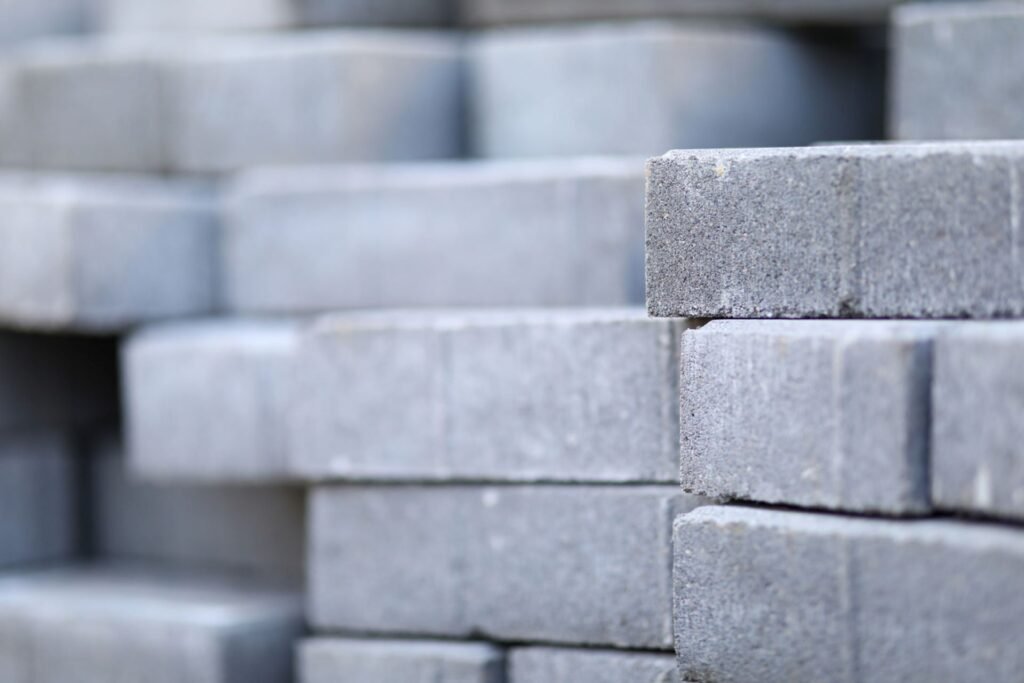A team of talented engineers, scientists, and bricklayers at Electrified Thermal Solutions, a renewable energy startup spinoff from the Massachusetts Institute of Technology, is looking to decarbonize heavy industry with their groundbreaking invention: the Joule Hive.
The company’s CEO and co-founder, Daniel Stack, told Inside Climate News that the giant thermal battery could provide low-cost electric heat to industries that make modern life possible, including steel, cement, glass, chemicals, and food production.
After working on the technology for about a decade in the MIT lab, the team figured out how to conduct electricity using firebricks — blocks of ceramic material commonly used in industrial furnaces and kilns and home fireplaces.
By tweaking the formula for the metal oxides used to make firebricks, Stack and ETS co-founder Joey Cabel have developed a brick that can convert electricity into heat. As ICN reports, the brick can reach a scorching temperature of 3,275 degrees Fahrenheit, far higher than the melting point of steel, which is 2,500 degrees Fahrenheit.
“There are no exotic metals in here, nothing that burns out,” Stack told the outlet, standing next to a shelf of sample bricks the company tested to see which ones generate the most heat.
The team stacks these conductive firebricks into a Joule Hive, an insulated metal container that acts as a thermal battery, storing the heat generated by the bricks for several days, according to ETS. “Air or another gas is then flowed through the bricks’ channels to discharge the system, providing heat to a furnace, boiler, turbine or kiln.”
Because firebricks are one of the oldest and cheapest materials used in industrial processes, the researchers believe they have great potential to replace the polluting fuels that currently power most heavy industry.
As the Environmental Protection Agency points out, the industrial sector produces nearly a quarter of direct pollution in the United States, making it one of the main drivers of global warming and extreme weather. But thermal batteries like the Joule Hive, powered by renewable energy, could cut pollution from heavy industry in half, according to ICN, citing a 2023 report from the Climate Energy Solutions Center.
The heat generated by the electrified firebricks is so incredible that the Hive also makes it a cost-effective solution for powering heavy industry. As stated on the ETS website, this high temperature equates to “unprecedented energy density,” allowing thermal energy to be stored with at least 95% efficiency.
This could make decarbonizing industries comparable or even cheaper to operate than those that rely on oil and gas, allowing businesses to operate sustainably, and allowing people and wildlife to live healthier lives without inhaling toxic pollutants — a win-win for businesses, the planet, and all living things that live on it.
“There’s no question that this will be commercialized,” Charles Forsberg, a nuclear engineer at MIT, an adviser to ETS, and a patent holder for the technology, told ICN.
Earlier this year, ETS received $5 million in funding from the Department of Energy to build and operate the first commercial-scale demonstration of the Joule Hive Thermal Battery (JHTB) at the Southwest Research Institute in San Antonio, the media reported.
According to an ETS press release, a portion of the grant will be used to incorporate JHTB into its work with industry partners 3M, Buzzi Unicem and Amy’s Kitchen.
“Now, with the support of DOE and a world-class partnership consortium, we will demonstrate that ETS’ Joule Hive thermal battery can durably provide clean heat at temperatures high enough for any industrial process,” Stack said in a statement.
As companies around the world work to use green hydrogen and other renewable energy sources to cut pollution from the steel and aluminum industries, and the Biden Administration supports these efforts with a $250 million investment, the future is looking greener than ever.
Sign up for our free newsletter for weekly updates on cool innovations Improving our lives and Save the planet.

